5 Examples To Help Develop A Stronger Voice
When it comes to voice, even seasoned writers have a hard time explaining exactly what it means. It’s something about style and sound and visuals and originality. You’ll know it when you see it.
And yet, voice is one of the most important elements of a writer’s life. It makes sense to have a firm grasp on what it means — and it what can mean for your own work. Even if you’ve been writing for a long time, there’s always room to hone your voice and see if you can amp up your originality and style. So let’s take a look at a few writers and directors — by no means an exhaustive list — and see what we can glean about voice from their uniquely resonant work.
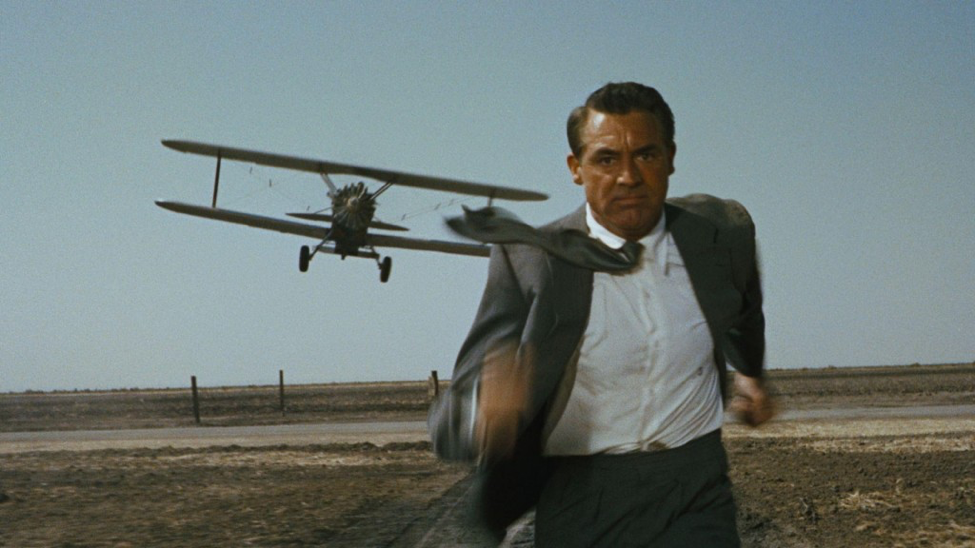
North By Northwest (1959) Photo courtesy: MGM
No 1 – Alfred Hitchcock
Let’s start at the top of the pile with one of the best directors Hollywood has ever known: Alfred Hitchcock.
He’s known best for his profoundly dark themes and a penchant for thrilling suspense. His visual style is marked by sweeping set-pieces like crop-duster scene in “North By Northwest” (1959).
Though many directors have attempted to imitate him, his visual style and preference for certain themes was groundbreaking in Hollywood at the time. Recommended: North By Northwest (1959).
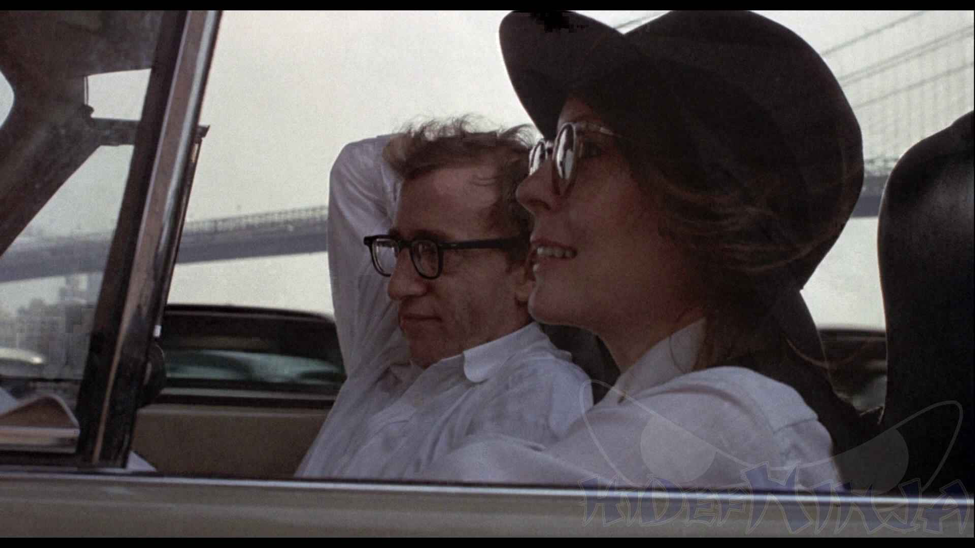
Annie Hall (1977) Photo courtesy: United Artists
No 2 – Woody Allen
Woody Allen started out as a gag writer for Sid Caesar — and it showed in his later writing, which was laced with quick-witted dialogue and brilliant comedy. More than anything, though, Allen is known for turning New York nebbish into a recognizable style and perfecting the art of hilarious self-deprecation (or self-absorption, depending on how you look at it). Recommended: Annie Hall (1977).
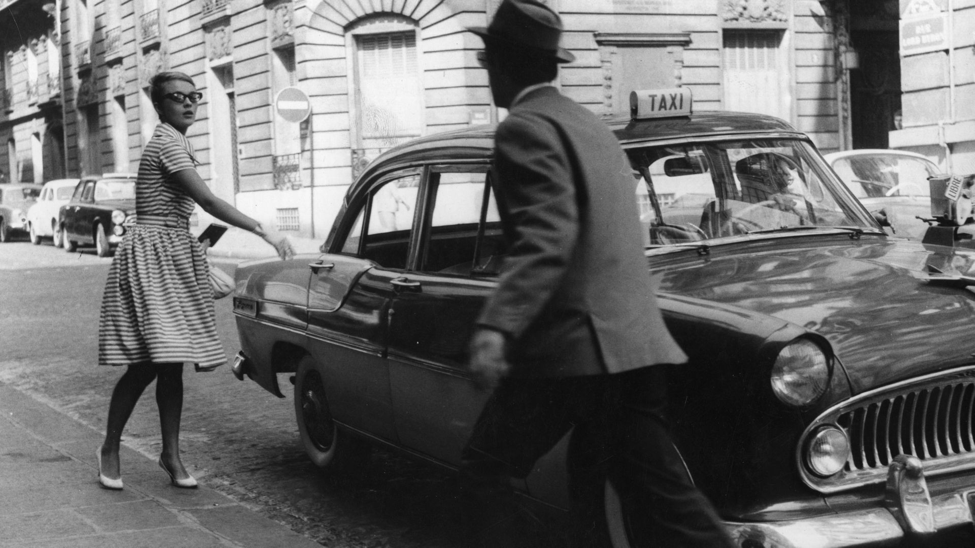
Breathless (1960) Photo courtesy: StudioCanal
No 3 – Jean-Luc Godard
Jean-Luc Godard unique voice is the heart of postmodern cinema. In his first feature, “Breathless,” he used hand-held cameras to create a documentary feel as he spun a tale of existential romance. His aim was to challenge commercial film norms with artistic use of jump cuts and character asides, both of which were considered amateurish in the film world at the time. Recommended: Breathless (1960).
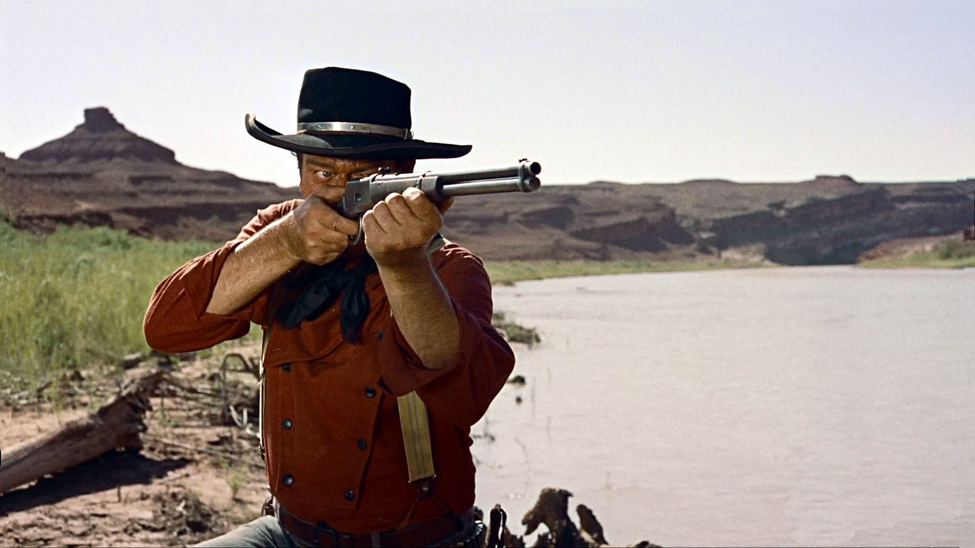
The Searchers (1956) Photo courtesy: CV Whitney Pictures
No 4 – John Ford
John Ford is most often associated with stunning use of visuals, in which Ford used the dramatic landscapes of the American West to shape his films. Sweeping shots of rocky terrain and extraordinary colors mark nearly every frame of his work.
His voice was largely derived from the beautiful settings of his films, and his work helped create and establish the Western film genre. Recommended: “The Searchers.”
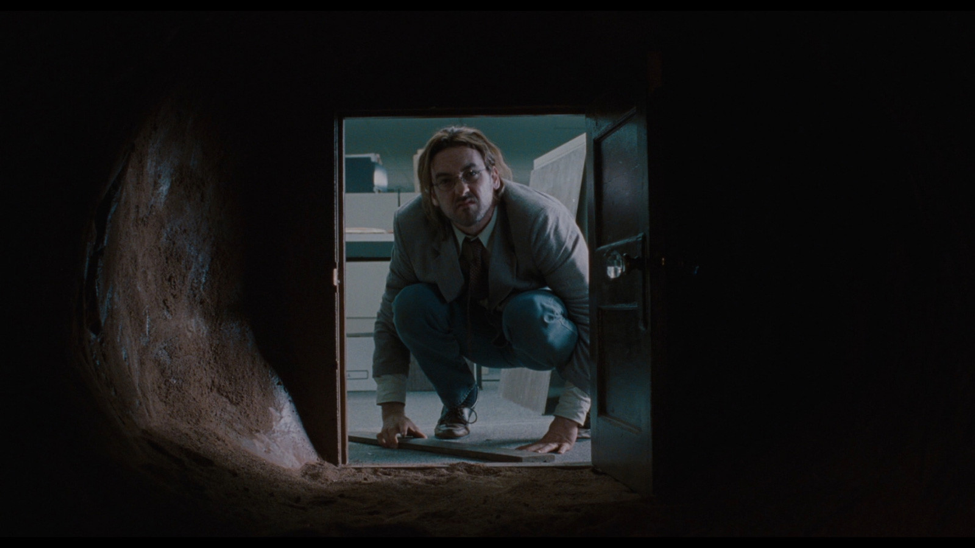
Being John Malkovich (1999) Photo courtesy: Gramercy Pictures
No 5 – Charlie Kaufman
Charlie Kaufman is generally regarded as one of the finest screenwriters of the 21st century. He’s been nominated for no fewer than four Academy Awards — and countless other awards — over the course of his career. His work frequently focuses on characters preoccupied with mortality and/or experiencing an identity crisis, and his storylines are marked by surrealist tendencies that recall the work of Franz Kafka. Recommended: Being John Malkovich (1999).
Voice is what makes your work unique and distinguishable from others — and it’s definitely a plus when you’re looking to stand out. It means you can tune into the middle of any of the movies written or directed by those listed above and be able to guess it was their work. They are memorable and they are fascinating.
Who are your favorite writers and/or directors? What is it about their voice that appeals to you? We’d love to hear.
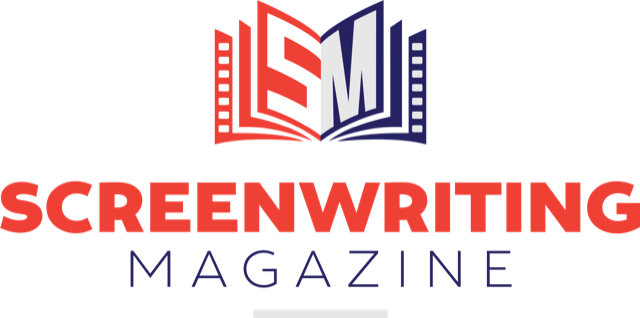



9 Replies to "What Do People Mean By 'Voice,' Anyway?"
Beatrice August 12, 2016 (8:29 am)
Voice is very much linked to theme: http://www.kalbashir.com/THEME-Advanced-Worksheet.html
Meg August 12, 2016 (8:39 am)
Interesting article…but all but one of the examples were of DIRECTORS, not writers. Given that directors present their visions in how movies are filmed, how do you define or identify voice in screenwriters? The writer cannot control what the director does with their words or how the camera angles and cuts are made. What distinguishes a screenwriter’s unique voice?
JME August 12, 2016 (1:41 pm)
The article includes a mix of writers, directors, writer/directors, and writers who later became directors. We’re all filmmakers, and we all collaborate, so it’s important that our voices transcend the page, no matter which side of the camera you’re (currently) on.
William Sommerwerck August 12, 2016 (8:52 am)
I’ve never heard a director’s style, manner, or approach referred to as their “voice”. “Voice” has, for me, always been a literary or musical term. The OED gives no definition that even approximates this usage. But we live in a democracy, so it’s okay to smear a word’s meaning, especially when we can’t be bothered to pick an apt word.
How about Kubrick? I don’t have time to discuss his style in detail, but he’s known for his distinctive static compositions. This isn’t surprising for someone who started out as a photojournalist for “Look”.
BLZeebub August 12, 2016 (12:51 pm)
If in the writing you are meaning the “auteur” of the film then Stanley Kubrick for sure. All of his work maintains a “still” photographic setup whereby everything in the frame is there on purpose from the cant of the books on the shelf behind Jack Nicholson in The Shining to bleakness of the mannequins in The Killing and even the placement of the palm trees in Full Metal Jacket, nothing in the framing of his films was left to chance.
Pauline Hetrick August 12, 2016 (1:08 pm)
Mine as well as countless others love Alfred Hichcock because he could scare the pants off of me, but kept a hold of me, kept me in my seat long enough to see the movie end. He had a way to make your mind keep going way after the horror was over. I wonder what he was like to live around?
TK Blackburn August 12, 2016 (6:21 pm)
Yeah, I gotta go with the naysayers here about the director vs. writer.
AIRPLANE! was originally a serious disaster film (Zero Hour). SAME STORY, ALMOST SAME SCRIPT. Zucker brothers gave it their “voice” or whatever you want to call their bent for slapstick comedy.
A writer’s voice comes from a worldview. A director’s voice comes from interpretation. If Martin Scorsese were to direct an unproduced script by Woody Allen, the script would be filled with Woody’s voice, but Scorsese would film it in such a way you’d never guess Woody had anything to do with it. Yet both of their voices would be heard loud & clear in the resulting film.
Derrick Smithson August 12, 2016 (8:24 pm)
“But we live in a democracy, so it’s okay to smear a word’s meaning, especially when we can’t be bothered to pick an apt word.”
What an ass you are.
Gordon Phipps August 12, 2016 (9:47 pm)
Sure, Hitchcock had a distinctive “voice”, but he was not very smart, making Cary Grant run away in the same direction as the airplane, which is exactly what you don’t do – letting it chase you all day around the paddock. What I always do is assess the situation thus: “Has this airplane got guns? No. So what it’s trying to do, apart from scaring shit out of me, is hit me with its wheels or even its propeller, either way also killing itself. So I’ll just lie down in the supine attitude so that I can see the aircraft without straining my neck, and then it cannot fly close enough to the ground to touch me. But if it does, and slices me up like a salami, I’ll have the satisfaction of knowing that the pilot has also killed her/himself.” However, if it’s an aircraft with guns, I always stop, turn and run obliquely toward it, thus forcing it to turn steeply, because even your Aunty knows that it can’t align a shot while the aircraft’s in a turn. Also, running toward it considerably reduces its aiming time, making it overfly me almost immediately. Now while it’s spending so much time turning to make another pass, I’m seeking shelter somewhere or digging a big hole. Anyway, that’s what I always do.
For these and other life-saving tips, see that great action-packed film MUSTANG. (The eponymous Mustang of the title is not a Ford roadster or an undomesticated horse, but the famous WW2 fighter aircraft that won the war in Europe for us.)